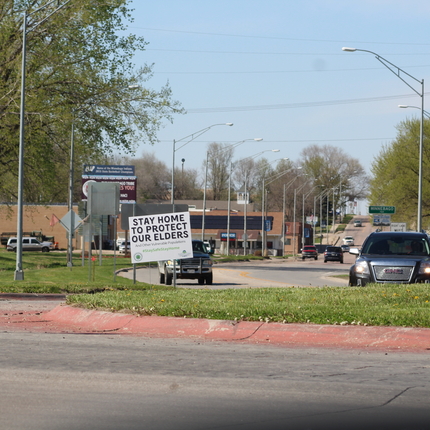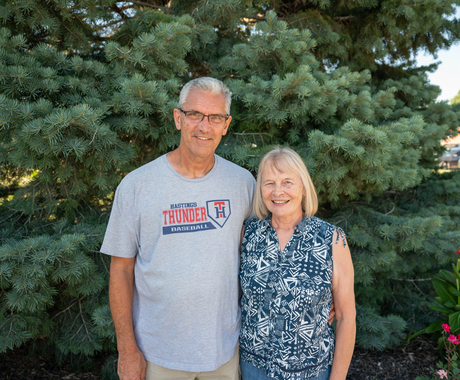In many communities across rural America, we are beginning to ease into new norms and routines of quarantine. Each of us is attending to the impacts of COVID-19 on our friends, families, and communities as we all reflect on these unprecedented times.
Similarly, yet distinct, Tribal communities and Indigenous people have been presented with unique challenges across America that many of us may not be familiar with. By taking a closer look at how food sovereignty rebuilds disconnected nutrition systems in Native communities, we can begin to understand how education, access, distribution, and resiliency address intersecting challenges and opportunities.
This global pandemic is disrupting Tribal communities’ food systems and is disproportionately deadly for Indigenous communities and for people of color. The Center for Rural Affairs works alongside both the Omaha Tribe and the Santee Sioux Nation who have implemented lockdown measures, have confirmed cases of COVID-19, and some individuals have lost their lives.
High levels of diabetes, obesity, and chronic obstructive pulmonary disease (COPD) in Tribal communities place many at greater risk of COVID-19 due to historically disrupted food systems.
Simultaneously, many recognize the importance of the global pandemic’s centralized historical and generational trauma that transcends the present moment. COVID-19 threatens cultural erasure. Thus, reconnecting millennia-old nutrition systems is key to preserving the past, surviving in the present, and securing Native futures.
Communities across rural America are faced with new challenges and opportunities during an unprecedented time. In Tribal communities, these challenges are eminent, and we must listen to and trust each community’s plan of action regarding the safety of their residents and the sovereignty of their local food systems.
Tribal communities across our state and nation continue to serve as a testament to the resiliency and problem-solving capacity of people across rural America.





